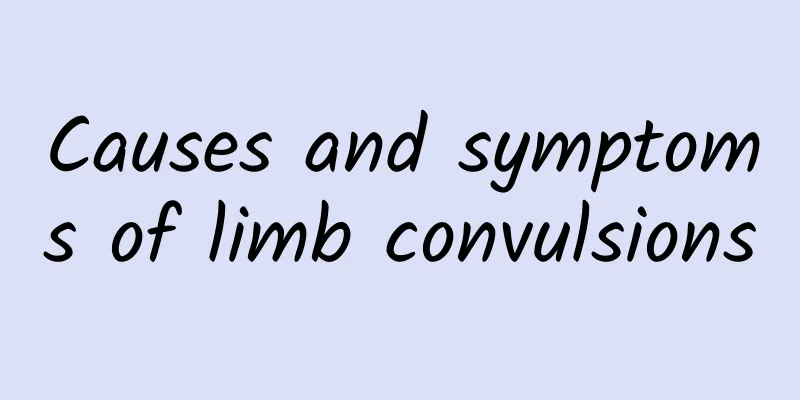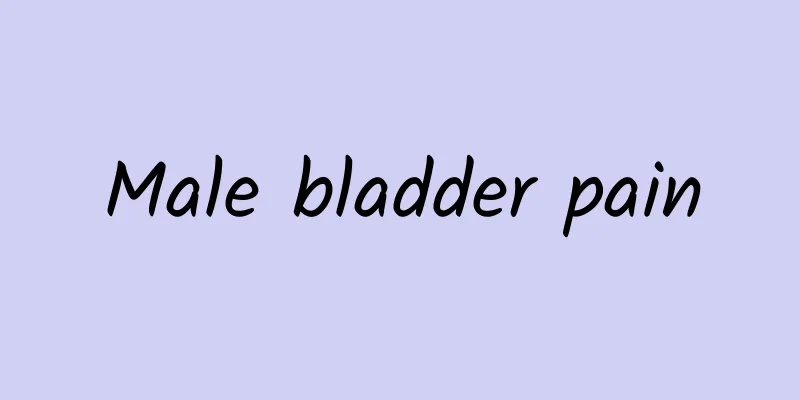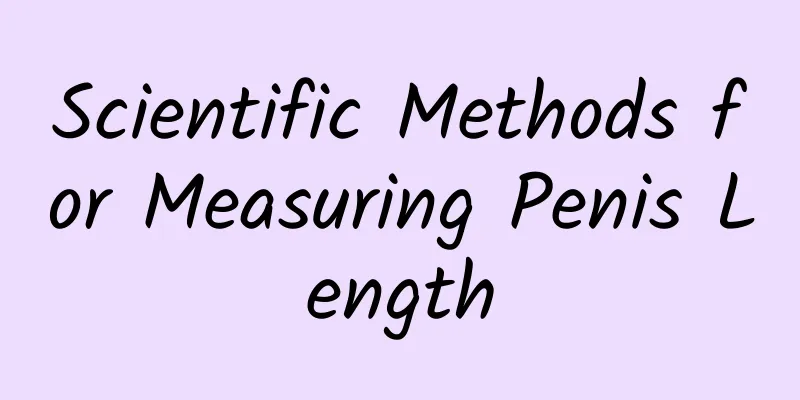What clinical symptoms can help us diagnose thyroid dysfunction?

|
In clinical practice, in addition to a thicker neck, which can provide clues to thyroid enlargement, there are many other clinical symptoms that can help us determine whether the thyroid function is abnormal. We can also use these clinical manifestations to determine whether the thyroid function of adults is abnormal. (1) Afraid of heat or cold: In hyperthyroidism, the thermogenic response is enhanced, and the patient's heat production and heat dissipation increase. In hypothyroidism, thyroid hormone is insufficient, the thermogenic response is weakened, and the body's heat production and heat dissipation decrease. The patient is afraid of cold and has a low body temperature. (2) Skin symptoms, hyperhidrosis or hypohidrosis: Thyroid hormone can stimulate the excitability of the sympathetic nerves and also promote the metabolism of proteins, electrolytes and water. The activity of sweat glands is controlled by the sympathetic nerves. (3) Weight gain or loss: In hyperthyroidism, the basal metabolic rate increases, the decomposition metabolism is greater than the anabolic metabolism, the weight decreases, and in the short term, there may be obvious weight loss and decreased cholesterol. In hypothyroidism, both the anabolic and decomposition metabolisms slow down, the metabolic disorder is obvious, the retention of water and metabolic products is serious, and there may be weight gain and increased cholesterol. (4) Changes in heart rate. Is the heart rate accelerating or slowing down? In hyperthyroidism, the heart contracts more strongly, oxygen consumption increases, and the heart rate accelerates to more than 90 beats per minute. Atrial fibrillation may also occur, and the patient may feel palpitations, chest tightness, shortness of breath, and even angina. In hypothyroidism, the heart contracts less strongly, and the heart rate may drop below 60 beats per minute. The heart may swell and pericardial effusion may occur. The patient may also feel palpitations, shortness of breath, chest tightness, and other symptoms of heart disease. (5) Is the reaction sensitive or dull? In hyperthyroidism, nerve excitement increases, and muscle tremors, muscle spasms, and enhanced muscle reflexes may occur. In hypothyroidism, nerve conduction and reflexes are weakened, and the patient's movements are slow, muscles spasm, and muscle reflexes are weakened. (6) Mental excitement, emotional irritability, abnormal enthusiasm and hyperactivity; or apathy, sluggish reaction, slow movements, drowsiness and lethargy: Thyroid hormone is also an important hormone that supports the functional tension of the central nervous system. In hyperthyroidism, the excitability of the central nervous system increases, and the patient will become excited, irritable, easily emotional, or have personality changes, becoming abnormally enthusiastic, talkative and hyperactive, and even mental disorders, schizophrenia, etc. In hypothyroidism, the excitability of the central nervous system decreases, and the patient will have apathy, slow movements, sluggish reaction, drowsiness and lethargy, and is prone to depression. |
<<: Not wearing underwear is also illegal. Here are some weird taboos in different countries!
>>: What is the normal size of the thyroid gland? What are the dangers of enlarged thyroid nodules?
Recommend
What are the symptoms of menopause in men?
We all know that women have menopause, which is u...
Why is a man's butt cold?
Some male friends often suffer from cold waist. I...
What medicine should I take for premature ejaculation?
In order to delay the ejaculation crisis, most pa...
Anti-sperm antibody therapy for men
Male antisperm antibodies are a relatively common...
How can boys quickly slim down their calves?
Losing weight is everyone's dream, not just f...
What is the cause of the pimple on the glans?
One of the most important organs of all men is th...
What causes lumps in the breasts of adolescent boys?
Many people think that breast issues are only rel...
Where is the liver in men?
The liver is the largest organ in the human body....
If men don't give up this thing, it will damage their brains!
According to a recent British study, long-term sm...
The harm of holding urine is so serious. Don’t hold it in no matter how busy you are!
After urine is produced by the kidneys, it enters...
What should I pay attention to during the one-month recovery period after circumcision surgery?
Circumcision is a surgery that many men will unde...
What are the symptoms of prostatitis?
The prostate is a very important organ for men. I...
What is the optimal urination frequency for men?
Speaking of urination, I believe everyone must be...
Do men have to be circumcised?
The foreskin is the thin layer of skin on the gen...
What is the incubation period of love? The most frightening zodiac sign in love
Many people know about love, but they don't k...









